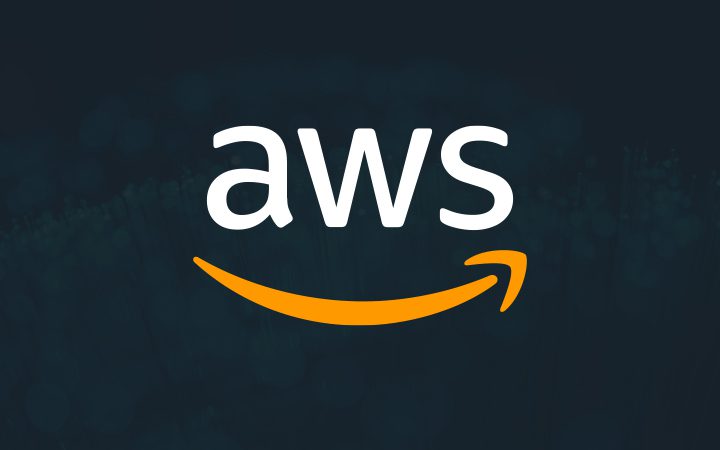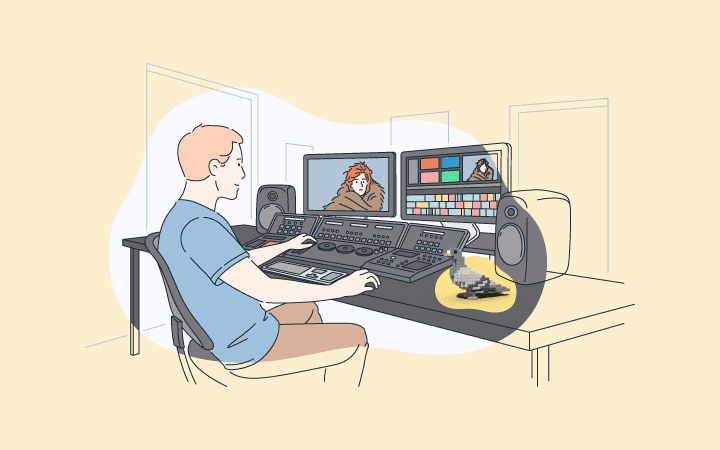Freelancing in the Gig Economy: Our tips for landing more work
Digital Pigeon
11 November 2021Freelancing in the Gig Economy is more than just a way to make extra money. It is now arguably the economic backbone of the future, with over 50% of the workforce specialising in creative professions - such as web and graphic design, multimedia production, content writing and marketing.
According to research undertaken by Mastercard it is estimated that the global Gig Economy will be worth upwards of US $350 billion by the end of 2021. And by 2023, the projected value of volume generated by the Gig Economy from customers will be US $455 billion.
There’s no doubt that a huge opportunity exists for creative professionals to grow their network and gain valuable experience to lead them to the next big project. But, it has its challenges that require creative professionals to be savvy marketers.
Our series of articles over the coming weeks will cover tips for freelancers looking to land more work.
Here’s a taste of what’s to come...
Changing the focus when winning new business - less 'about me' more 'about client'
One of the biggest hurdles for freelancers is getting past the pitch stage. It’s hard enough to even get your foot in the door for a meeting. For instance, as a freelance photographer, you may have to write a formal presentation about how your work fits into what the client wants and why you are perfect for it.
It's this formal approach that turns off clients who receive several pitches each day from talented freelancers vying for their business. Instead of approaching potential clients with a formal pitch, try approaching them as someone you'd like to get to know.
You can do this by casually presenting your work in the context of things they value; hobbies, experiences, passions, etc. Connecting with potential clients personally strengthens your relationship and increases the chances of landing more work.
Winning work without pitching
One of the biggest hurdles for freelancers is getting past the pitch stage. It’s hard enough to even get your foot in the door for a meeting. For instance, as a freelance photographer, you may have to write a formal presentation about how your work fits into what the client wants and why you are perfect for it.
It's this formal approach that turns off clients who receive several pitches each day from talented freelancers vying for their business. Instead of approaching potential clients with a formal pitch, try approaching them as someone you'd like to get to know.
You can do this by casually presenting your work in the context of things they value; hobbies, experiences, passions, etc. Connecting with potential clients personally strengthens your relationship and increases the chances of landing more work.

What questions need answering when trying to win new business?
Before pitching a prospective client, it's advisable to do prior research and compile some questions that will help you gather the information needed to deliver an explicitly designed presentation to solve their problem. These include:
- Is there a fit? This means asking them how they see your work being used in their business.
- What exactly does the client need / want?
- Have they set a budget?
- Can they afford me?
- Who is involved on their side?
- When do they need it done?
- What is the leadership's vision / KPIs of success?
By answering the above questions, you'll have a better idea of what it will take to win the work and how your relationship with them will be in terms of accountability and achieving milestones.
How to use your website in the sales process
As a freelancer, having a website is an extremely valuable tool for selling your services. A website lets you showcase your work in the same context as it would be used for a project. This allows the client to review your portfolio at their own pace without having a pressure-filled sales pitch shoved down their throat.
The content on your website should not only show what you've done but how it was used and why it worked. This will help you sell yourself as a creative professional who knows their work in a real-world context and can guide the client to see how they can use your services in that same way.
Another selling point for a website is the testimonials you get from past and present clients. It's a no-brainer that testimonials are valuable pieces of content to have on your website because it's what other people who have worked with you in the past say about your work and business acumen.
Picking up work through freelance marketplaces
Despite the competitive nature of freelancing, platforms such as PeoplePerHour and Upwork can be strategically important to maximize your earnings.
You may not pick up every piece of work which you turn your mind to. But demonstrating high-quality work and providing excellent customer service will put you in a strong position to ensure a healthy flow of projects, at a good price.
The bottom line
To win new work, you need to understand the goals and challenges of your client. Having a conversation with them is essential to feel like you have listened to their problems and can offer a viable solution. Likewise, having a website that shows your work in a real-world context will help sell the value of your services by showing how they can be used to solve specific problems.
Through the Digital Pigeon platform, you can send and share large files quickly and conveniently with your potential clients worldwide, which places you at a competitive advantage over other freelancers. What's more is that you can use your logo, imagery, and URL. Get started today by signing up for a free trial or contact us.

Keen on giving Digital Pigeon a trial?



